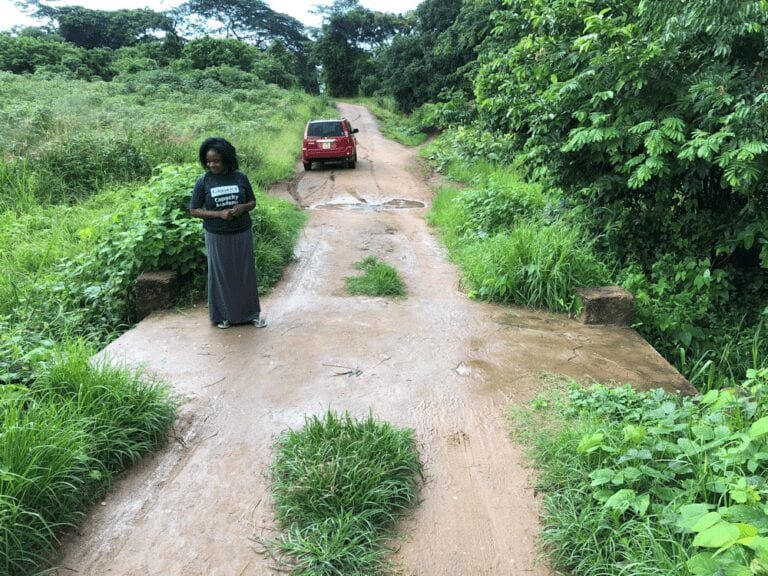According to Sera Gondwe, a business economist at the Lilongwe University of Agriculture and Natural Resources (LUANAR), almost 90% of earners in Malawi participate in the informal economy. Specifically, this means that they don’t appear in the taxation system, nor do they make any provision for a pension. The tax base in Malawi is therefore extremely narrow, with only a small minority of working Malawians contributing to tax income.
Lack of a pension means that provision for older age is compromised, forcing people to rely on the kindness of family – which is often already very stretched when some families have more than 20 members, including children who have been taken in because their parents have died.
The non-taxed nature of economic activity is one of the main explanations for Malawi needing international aid to prop up its budget. For the current year, about an eighth of government income derives from international aid. Imagine if the UK government’s entire education spending depended wholly on outside help.
Malawi’s dependence on aid from outside compromises its government: unable to plan income properly (as we know from the UK’s recent aid cut, the tap can be turned off abruptly) it is unable to plan services efficiently.
Capacity’s objectives include enabling the 27,000 people of Malenga Mzoma to create their own micro-economy that can invest in infrastructure that the 41 villages in the area decide upon.
Before COVID-19 temporarily halted the programme in early 2020, the Social Action Fund (SAF) had been used to repair four bridges and culverts that were preventing children getting to school and people from conducting their business.
The SAF’s revenue derives entirely from contributions made by small businesses set up with Capacity’s help.
Once the pandemic crisis is behind us, Capacity will be returning to its economic initiatives and scaling them up. Surely this grassroots-up approach is better than waiting for national-level funding to trickle down?

